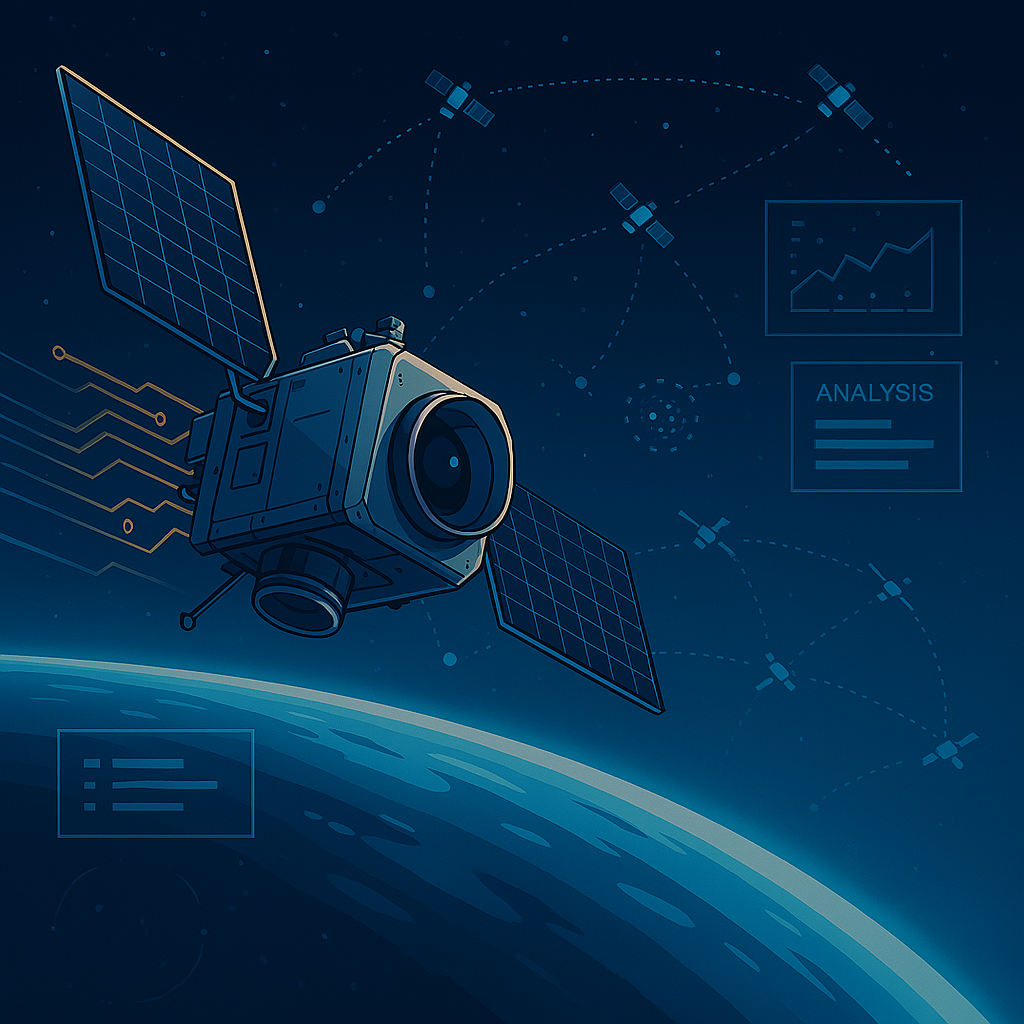The next space race isn’t just about reaching farther—it’s about thinking smarter. As autonomous satellites evolve from passive observers to active decision-makers, the architecture of space operations is undergoing a radical transformation.
🛰️ From Surveillance to Strategy
Traditional satellites were designed to collect data and relay signals. Today’s autonomous systems can:
- Self-navigate orbital paths to avoid collisions
- Analyze sensor data in real time for mission-critical decisions
- Coordinate with other satellites to form dynamic constellations
These capabilities are turning satellites into orbital agents, capable of executing complex tasks without ground intervention.
🌍 Earth Observation Gets Smarter
Autonomous satellites are revolutionizing how we monitor our planet:
- Disaster response with real-time mapping of floods and wildfires
- Agricultural analytics for crop health and yield forecasting
- Climate modeling through continuous atmospheric sampling
Governments and NGOs are leveraging these systems for precision policy-making and environmental resilience.
🛡️ Defense and Diplomacy in Orbit
Space is now a strategic domain. Autonomous satellites are being deployed for:
- Threat detection from rogue spacecraft or debris
- Secure communications using quantum encryption
- Orbital diplomacy, where satellite behavior signals geopolitical intent
Nations are exploring AI-driven space treaties, where autonomous systems enforce orbital boundaries and protocols.
⚖️ Ethics Above the Atmosphere
As machines gain agency in space, ethical questions intensify:
- Can satellites make decisions that affect human lives?
- Who is accountable for autonomous actions in orbit?
- Should orbital AI be subject to international law?
Experts call for Space AI Governance, blending aerospace law, ethics, and machine accountability.
Moaz serves as Editor-in-Chief of TWW News, where he leads editorial strategy, content development, and newsroom standards. He specializes in high-impact reporting on artificial intelligence, governance, and institutional transformation.

